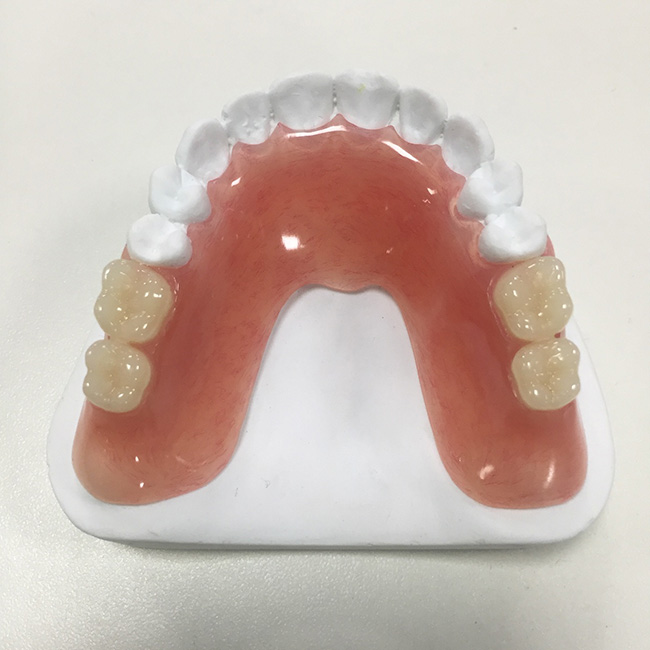Partial dentures are a popular solution for individuals missing one or more teeth, providing both functional and aesthetic benefits. However, like any dental appliance, partial dentures can experience wear and damage over time. Understanding the repair process can help you maintain your dentures’ effectiveness and longevity.
Common Issues with Partial Dentures
Partial dentures can encounter several common issues that necessitate repair. These include:
Cracks or Breaks: Accidental drops or excessive pressure can cause the acrylic or metal components of partial dentures to crack or break.
Loose or Worn Clasps: Clasps that secure the dentures to your natural teeth can become loose or worn, reducing their stability.
Tooth Loss: The artificial teeth in your partial dentures can become dislodged or damaged.
Base Fractures: The base of the partial dentures can fracture, especially if subjected to undue stress.

Importance of Timely Repairs
Timely repairs are crucial for several reasons:
Comfort: Damaged partial dentures can cause discomfort or pain. Quick repairs ensure that you can continue to wear your dentures comfortably.
Functionality: Broken or ill-fitting dentures can affect your ability to chew and speak properly. Repairing them restores their functionality.
Aesthetics: Cracked or missing teeth in your partial dentures can affect your smile. Repairs help maintain your appearance.
Longevity: Addressing small issues promptly can prevent them from developing into more significant problems, extending the lifespan of your dentures.
The Repair Process
The process of repairing partial dentures typically involves the following steps:
Assessment: A dental professional will assess the damage to determine the necessary repairs.
Impression: If the damage is extensive, they may take an impression of your mouth to ensure a precise fit after the repair.
Repair: Depending on the issue, the repair may involve bonding cracks, replacing broken or missing teeth, or adjusting the clasps.
Fitting: After the repair, the dentures will be fitted in your mouth to ensure comfort and functionality.
Polishing: The dentures will be polished to smooth out any rough edges and restore their appearance.
DIY Repairs vs. Professional Repairs
While it may be tempting to attempt DIY repairs, professional repairs are strongly recommended. DIY kits can provide a temporary fix, but they often lack the durability and precision of professional repairs. Dental professionals use high-quality materials and techniques to ensure a long-lasting and comfortable result.
Preventive Measures
To minimize the need for repairs, consider these preventive measures:
Handle with Care: Avoid dropping your dentures and handle them gently.
Regular Cleaning: Clean your dentures daily to prevent plaque buildup and maintain their condition.
Regular Check-ups: Visit your dentist regularly to check the fit and condition of your dentures.
Avoid Hard Foods: Steer clear of hard or sticky foods that can damage your dentures.
Conclusion
Partial dentures repair is an essential aspect of maintaining your dentures’ functionality, comfort, and appearance. Understanding the common issues and the importance of timely professional repairs can help you ensure the longevity of your dental appliance. By taking preventive measures and seeking prompt repairs when needed, you can enjoy the full benefits of your partial dentures for years to come.




